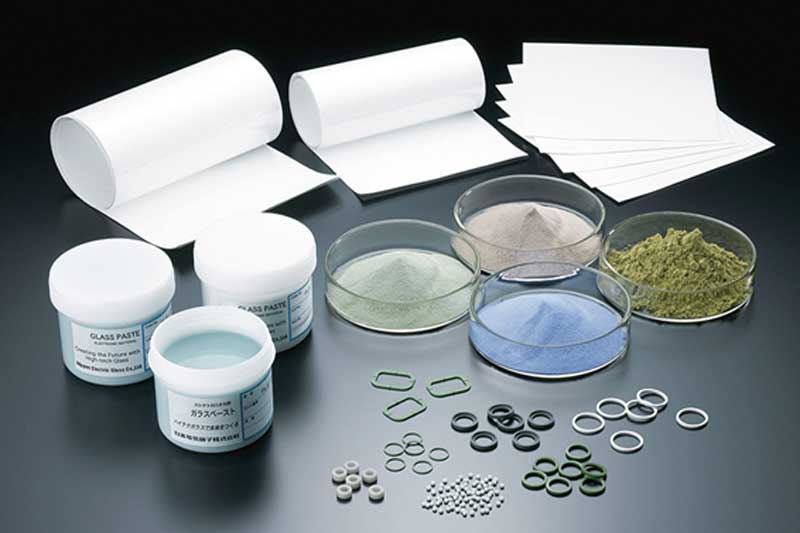Schedule a Call Back
India is one of the key markets for Schneider Electric
 Interviews
Interviews- Jul 01,18
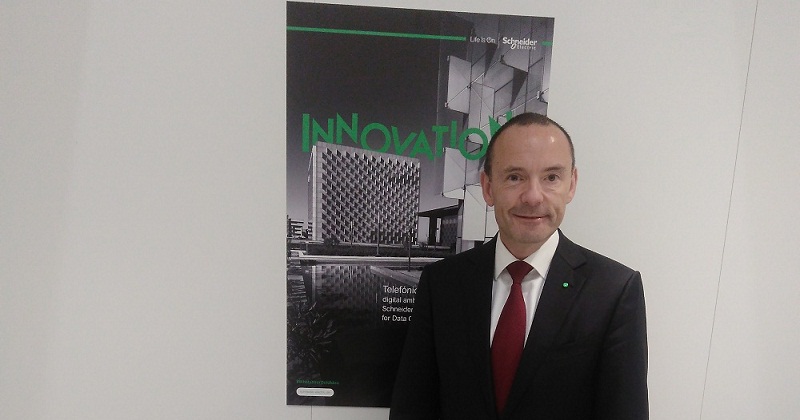
Related Stories
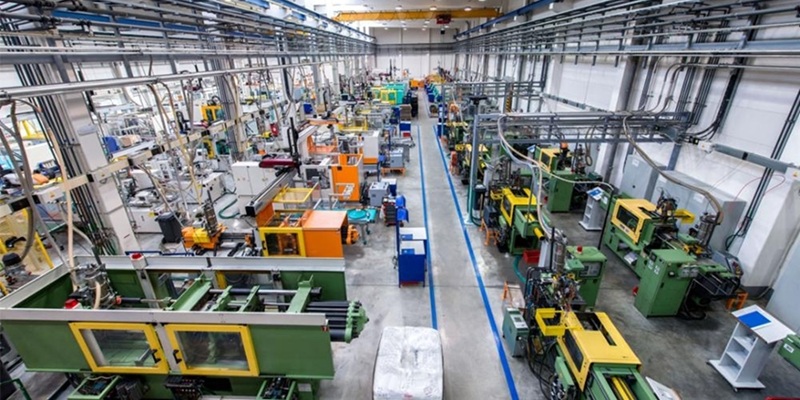
How MNCs are strategising to capture market in India
Today, the Indian MNC scene is changing vastly, with many new ones setting up shop in India. With China becoming less attractive, India is becoming the go to place, writes R Jayaraman and Firoz S Ri..
Read more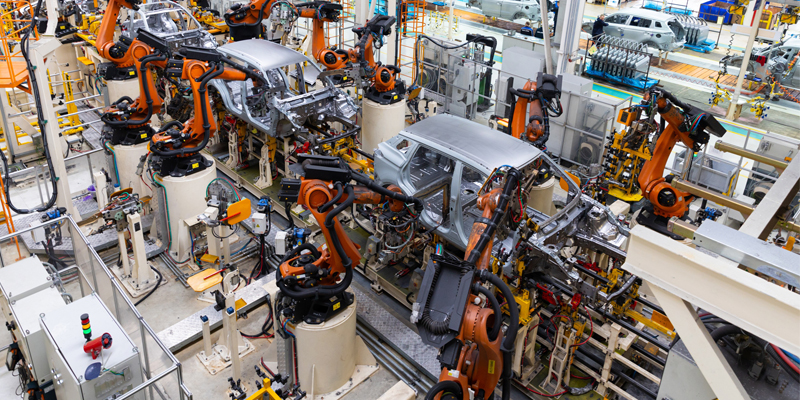
Smart Factories in India: Reality or Distant Dream?
As India moves toward its goal of becoming a $7 trillion economy by 2030, embracing smart manufacturing technologies will be crucial for achieving this ambitious target, writes Rakesh Rao. But, is t..
Read more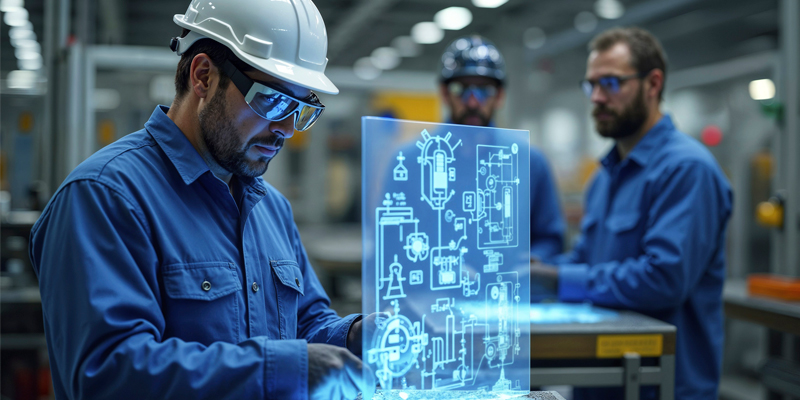
How AI is Revolutionising Manufacturing
AI in manufacturing goes beyond automation as it enables better decision making. While globally, large enterprises are currently leading the adoption curve, India’s real test lies in how well it c..
Read moreRelated Products

Digital Colony Counter
Rising Sun Enterprises supplies digital colony counter.
Robotic Welding SPM
Primo Automation Systems Pvt. Ltd. manufactures, supplies and exports robotic welding SPM.

Heat Exchanger Scale Removal Compound -hesr-300
Hi There!
Now get regular updates from IPF Magazine on WhatsApp!
Click on link below, message us with a simple hi, and SAVE our number
You will have subscribed to our Industrial News on Whatsapp! Enjoy










